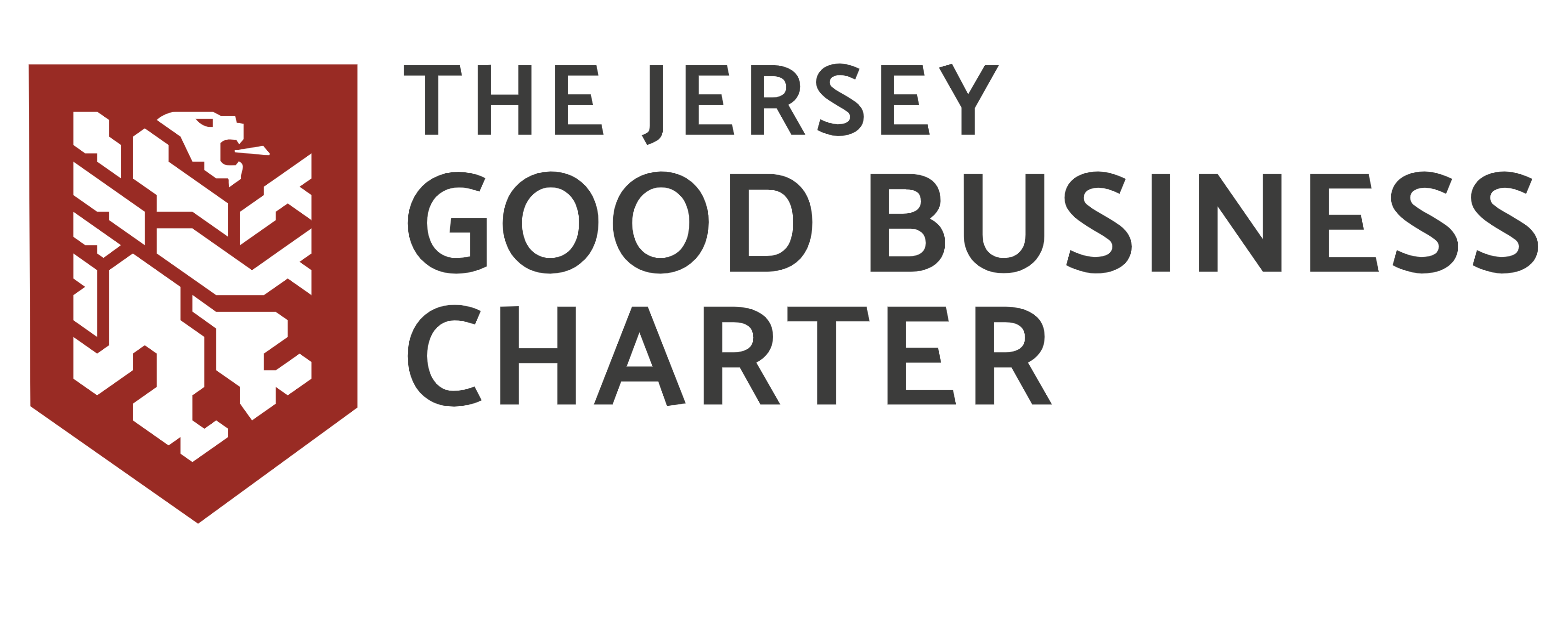Navigating Organizational Change: How Transparency and Communication Build Trust
In times of mergers, acquisitions, or financial difficulties, how you communicate can define your business’s future. Navigating these changes ethically is essential to maintaining trust with stakeholders.
When businesses in Jersey and the Channel Islands face significant organizational changes, the ripple effect touches every corner of the community. Whether you’re selling, merging, or downsizing, these moments of transition come with high stakes for everyone—employees, suppliers, customers, the community, and even local policymakers.
Communication, particularly when undergoing transformative changes, is not just about legalities and contracts. It’s about maintaining relationships and ensuring that the organization can move forward while minimizing disruption. The Good Business Charter provides guidance on how businesses should conduct themselves, emphasizing transparency, fairness, and accountability even in challenging situations.
Balancing Transparency with Confidentiality
It’s tempting to withhold information during times of transition, especially when mergers or financial challenges are in the early stages. However, it’s important to strike a balance between necessary nondisclosure agreements (NDAs) and honest communication. Sharing too little can breed uncertainty and mistrust, particularly among employees and suppliers who are directly impacted.
The Good Business Charter emphasizes the importance of transparency. Communicate regularly with your team, letting them know what’s happening, even if you can’t share every detail. This shows respect for their role in the company and helps reduce anxiety during periods of uncertainty. Research from *Harvard Business Review* shows that employees who feel informed during times of change are 50% more likely to stay engaged, which is critical when navigating organizational upheaval.
Prioritizing Employee Well-being
One of the hardest-hit groups during mergers and acquisitions is often the employees. Uncertainty about job security, changes in leadership, and the potential for layoffs can significantly affect morale and productivity. Businesses in small jurisdictions like Jersey must be especially mindful of this, as the close-knit community amplifies the impact of job loss or organizational shifts.
Ensure that employees are treated with dignity and respect throughout the transition. As the Good Business Charter outlines, fair treatment and transparent communication should be a priority. Offer support services such as counseling or career development programs for those whose positions may be impacted. Not only does this show a commitment to employee well-being, but it also fosters loyalty and maintains the company’s reputation in the community.
Ethical Supplier Relations in Times of Change
Suppliers can often be overlooked during mergers or organizational restructuring, but they are a vital part of your value chain. Maintaining ethical supplier relationships means keeping them informed about any changes that could impact their business. This might involve renegotiating terms or contracts in light of new organizational structures. However, the Good Business Charter advocates for treating suppliers fairly and ethically, ensuring that they are not left in the dark or caught off guard by sudden changes.
In Jersey, where businesses often rely on local suppliers, maintaining these relationships is even more important. Clear communication with suppliers helps to preserve trust and ensures that business operations can continue smoothly during transitions.
Maintaining Customer Confidence
Customers, especially in small markets like the Channel Islands, value stability. During times of organizational change, whether it’s a merger or financial restructuring, customer confidence can waver. Open and honest communication about how the changes may impact them—be it through new product offerings or service adjustments—helps to maintain trust.
The Good Business Charter encourages businesses to engage in transparent, timely communication with customers to ensure they remain informed and confident. Reassuring them that the changes will ultimately benefit them can go a long way in retaining loyalty and minimizing the disruption to customer relations.
Community and Corporate Citizenship
In smaller communities like Jersey, businesses have a broader responsibility to the community. During significant organizational changes, the ripple effects can be felt throughout the local economy. Engaging with local leaders, such as the Jersey Chamber of Commerce and the Jersey Institute of Directors, can help address concerns and provide clarity to the community about the organization’s future.
Corporate citizenship is about more than profitability—it’s about being a responsible member of the community. By actively engaging with local stakeholders, your business can maintain its reputation and demonstrate its commitment to the region’s economic and social well-being.
Conclusion
Navigating mergers, acquisitions, or financial difficulties is never easy, but how you communicate and handle these transitions defines your long-term success. For businesses in Jersey, where community ties are strong, the need for transparency and fairness is even more crucial. The Good Business Charter offers a blueprint for businesses to follow, ensuring that they treat their employees, suppliers, customers, and the community with the respect and honesty they deserve.
#MergersAndAcquisitions #GoodBusinessCharter #JerseyBusiness #EthicalLeadership #CorporateResponsibility #StakeholderCommunication
